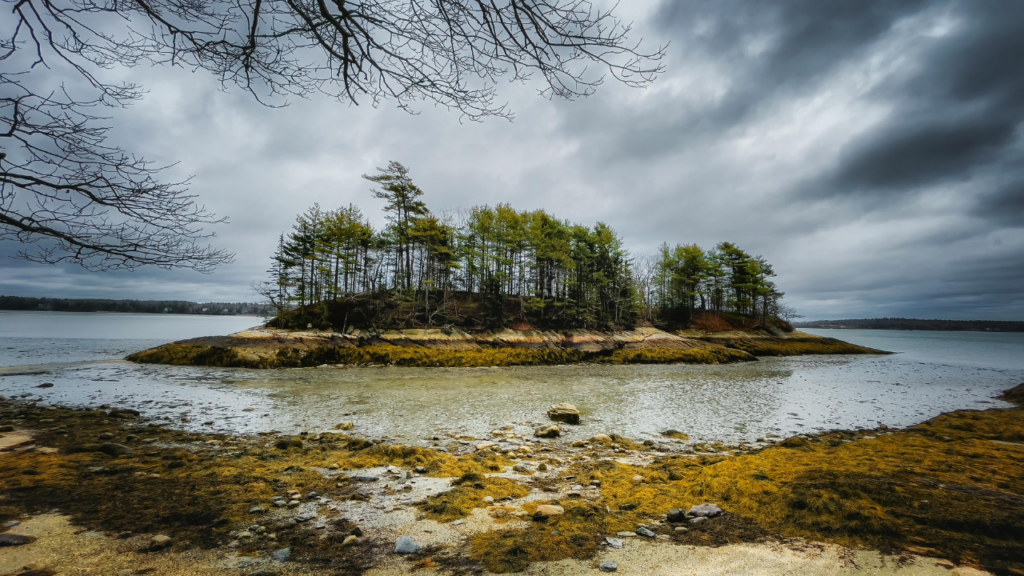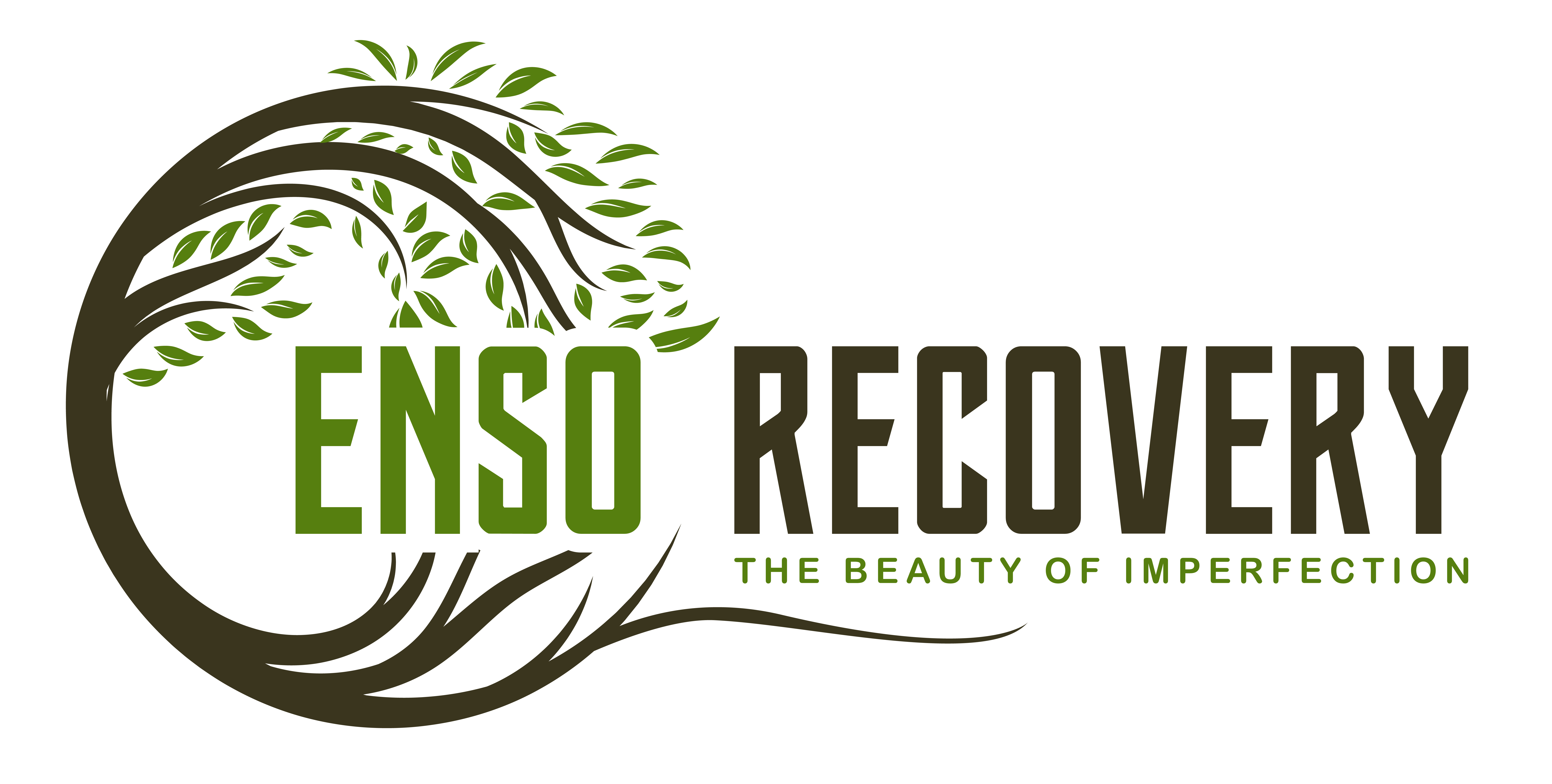In the northernmost reaches of New England, where winter’s grip lingers long and daylight dwindles, Maine residents face unique challenges that extend beyond the picturesque landscapes and rugged coastlines. Among these challenges is the complex interplay between Seasonal Affective Disorder (SAD) and addiction – a connection that demands attention and specialized care.
The Long Shadow of SAD in Maine
Seasonal Affective Disorder, a type of depression that’s related to changes in seasons, casts a long shadow over many Maine residents. As the Pine Tree State endures some of the longest, darkest winters in the continental United States, it’s no surprise that SAD rates here surpass national averages.
SAD typically begins in late fall or early winter and subsides during the sunnier days of spring and summer. Symptoms can include feelings of depression, low energy, sleep problems, changes in appetite or weight, difficulty concentrating, and feelings of hopelessness.
When Darkness Meets Dependence: The SAD-Addiction Connection
The relationship between SAD and addiction is a complex one, rooted in both psychological and physiological factors. Many individuals struggling with SAD may turn to substances as a form of self-medication, seeking temporary relief from the persistent low mood and lack of energy that characterize the disorder.
This self-medication can quickly spiral into dependency, as the brain begins to associate substance use with emotional relief. The biochemical underpinnings of this connection are significant. Both SAD and addiction involve disruptions in the brain’s serotonin system – a key neurotransmitter involved in mood regulation.
During winter months, decreased exposure to sunlight can lead to a drop in serotonin levels, contributing to SAD symptoms. Similarly, many substances of abuse, such as alcohol and certain drugs, initially boost serotonin levels, providing temporary relief. However, chronic substance use can lead to long-term dysregulation of the serotonin system, exacerbating both addiction and SAD symptoms.
Unique Challenges in the Maine Context
Maine’s geography and culture present unique challenges for those grappling with both SAD and addiction. The state’s rural nature can lead to isolation, particularly during harsh winter months when travel becomes difficult. This isolation can exacerbate feelings of loneliness and depression, potentially driving increased substance use.
Moreover, Maine’s long-standing culture of self-reliance may discourage some individuals from seeking help for mental health or substance use issues. The state’s rich tradition of outdoor activities and social gatherings, often centered around alcohol consumption, can also pose challenges for those in recovery, particularly during the winter months when these activities may be one of few social outlets available.
Evidence-Based Treatments: Shining a Light on Recovery
Fortunately, effective treatments exist for both SAD and addiction, and when tailored to address both conditions simultaneously, can offer a path to lasting recovery.
Light therapy, a frontline treatment for SAD, involves daily exposure to bright, artificial light that mimics natural outdoor light. This can help regulate the body’s circadian rhythms and boost serotonin levels. When combined with addiction treatment, light therapy can help alleviate depressive symptoms that might otherwise trigger relapse.
Cognitive-behavioral therapy (CBT) is another effective treatment for both SAD and addiction. CBT helps individuals identify and change negative thought patterns and behaviors associated with both conditions. For SAD, this might involve challenging thoughts about the meaning of dark winter days. For addiction, it could include developing coping strategies to manage cravings and triggers.
Medication, including selective serotonin reuptake inhibitors (SSRIs), can be beneficial in treating both SAD and certain substance use disorders. However, medication should always be prescribed and monitored by a qualified healthcare professional, particularly in cases of co-occurring disorders.
ENSO Recovery: Tailored Treatment for Maine’s Unique Needs
At ENSO Recovery, we understand the intricate relationship between SAD and addiction, and how Maine’s unique environment influences both conditions. Our outpatient centers and recovery residences in Augusta and Sanford are specifically equipped to address these co-occurring disorders.
Our approach integrates evidence-based treatments for both SAD and addiction, tailoring care plans to each individual’s needs. We recognize that effective treatment must account for the seasonal nature of SAD while providing consistent support for addiction recovery.
In our Augusta and Sanford centers, we offer a range of services including individual and group therapy, light therapy, and medication management when appropriate. Our programs emphasize year-round support, with particular attention to developing coping strategies for Maine’s challenging winter months.
Strategies for Year-Round Recovery
Maintaining recovery and mental health during Maine’s long winters requires proactive strategies. At ENSO Recovery, we work with our clients to develop personalized plans that might include:
- Establishing a consistent sleep schedule to regulate circadian rhythms
- Incorporating outdoor activities, even on cloudy days, to maximize natural light exposure
- Engaging in regular exercise, which can boost mood and support recovery
- Cultivating indoor hobbies and interests to combat isolation and boredom
- Participating in support groups that address both SAD and addiction
- Using light therapy consistently under professional guidance
- Practicing mindfulness and stress-reduction techniques

The Power of Community in Healing
At ENSO Recovery, we believe in the power of community to support healing. Our programs foster connections among individuals facing similar challenges, providing a network of support that extends beyond our facilities.
We collaborate with local organizations to offer additional resources, including SAD-specific support groups and winter wellness programs. These community connections are vital in combating the isolation that can fuel both SAD and addiction.
A Beacon of Hope in Maine’s Winter Landscape
While the combination of SAD and addiction presents significant challenges, especially in Maine’s unique environment, it’s crucial to remember that effective treatment and lasting recovery are achievable.
At ENSO Recovery, we’re committed to providing comprehensive, compassionate care that addresses the complex interplay between SAD and addiction. Our continuum of care, from outpatient services to recovery residences, ensures that individuals receive the support they need at every stage of their journey.
If you or a loved one is struggling with SAD and addiction, know that you’re not alone. ENSO Recovery is here to help you navigate the path to recovery, no matter the season.
Don’t let the darkness of winter or the grip of addiction define your story. Reach out to ENSO Recovery today at 207-245-1800. Together, we can build a brighter, healthier future – even in the heart of Maine’s winter.
